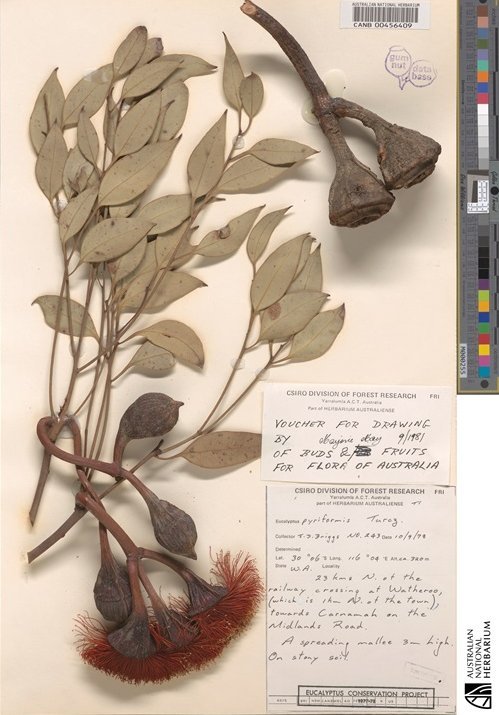Dr Peter Thrall ‘Why Digitise Biological Collections?’
You are here

The presentation by Peter, from the National Research Collections Australia, will focus on digitisation projects and added value that these efforts can bring to biological specimen collections for use in research from about 15 million specimens.
Abstract
CSIRO’s biological collections are aiming to significantly accelerate the creation of digital assets for use in research from its 15 million specimens. To do this, they are investing heavily in mobilising and securing the collections through: a) physical infrastructure; b) digital infrastructure; and c) resources needed to integrate digitisation and analytics to value-add and deliver impact from the collections. For example, they are currently imaging their extensive insect type specimen collection, microscope slides and egg clutch collections. We are also using automated methods to rapidly image the entire herbarium collection with Picturae. Their high-throughput digitisation of insects utilises crowd-sourcing transcription with DigiVol. To accelerate this work further they are looking at several emerging technologies to assist with automating the imaging of their extensive insect collection.
The digitisation workflows and imaging pipelines are planned with collection activities to complement and benefit from the move to a new collection facility, and they are in the process of improving the integration of this critical digital infrastructure. As part of this effort, they are bringing collection data management together under one unified central management system.
In summary, they are bringing together the resources needed to build a dedicated cross-collection team trained to curatorial standards with specific expertise in digitisation, data systems, digital analytics in AI/ML and imaging. This presentation will focus on their digitisation projects and added value that these efforts can bring to biological specimen collections.
Biography
Dr Peter Thrall is currently Group Leader for Digitisation & Informatics within the National Research Collections Australia. He is an evolutionary ecologist with broad interests in the population biology of host-microbe interactions. His research addresses two conceptually related areas, one aimed at understanding how spatial, demographic and genetic processes drive the coevolution of host resistance and pathogen infectivity, and the other on plant-soil mutualist interactions (e.g., in the context of invasion processes). His most recent work focuses on the application of eco-evolutionary principles to predicting and managing biotic interactions in agro-ecological systems.
The Booking Link is: https://www.trybooking.com/CELUV
Lunchtime talks are held at 12.30 pm every Thursday from February to November. Talks last for 1 hour. We welcome a gold coins donation. The Friends use donations received at each talk to support Gardens’ programs and development and thank all those who have donated. Please note: unless otherwise indicated, talks are in the ANBG Theatrette.
It is a good idea to reserve a seat at the talks you wish to attend; some talks book out very quickly. Bookings can be made from the Friday before the talk until Wednesday night before the talk or until seating limits are reached.
The Booking Link is: https://www.trybooking.com/CELUV
The Friends of the ANBG thank the speakers who volunteer their time and talents to further the knowledge of all attending events in the Gardens. Some summaries or PowerPoint presentations of Thursday talks are available to Friends at the ANBG library. Please direct queries about the talks to the Thursday Talks Team: email talks@friendsanbg.org.au

